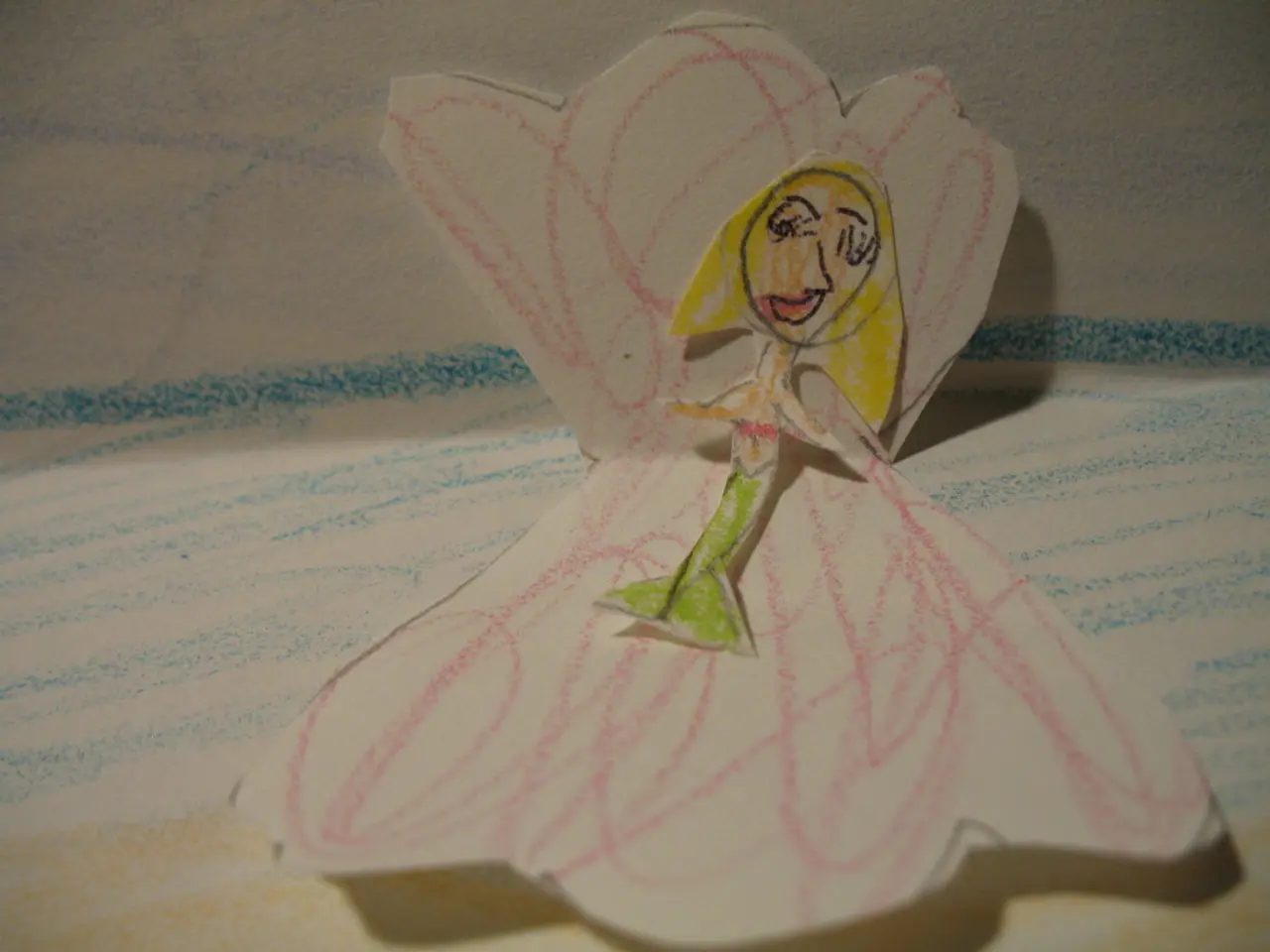Impact of Education on Sparking Creativity
In the realm of education, the nurturing of curiosity and imagination in individuals is a primary focus. By providing opportunities to delve into various subjects and disciplines, education equips learners with the tools and techniques needed to foster their own curiosity and imagination. This journey of discovery often leads to creative activities such as writing, drawing, designing, building, and performing.
Beyond traditional pursuits, education plays a pivotal role in fostering entrepreneurial creativity. By imparting knowledge, skills, and a mindset geared towards innovation, education empowers individuals to pursue groundbreaking business ideas. The exposure to different artistic techniques, theories, histories, business models, strategies, trends, technologies, and market opportunities can serve as a rich source of inspiration for entrepreneurial ventures.
Education doesn't simply expose learners to new ideas; it encourages critical thinking and problem-solving skills. Through student exploration and inquiry-based learning, educators move away from traditional lecture methods towards approaches that allow students more freedom to investigate topics. This active engagement promotes curiosity, a key driver for critical thinking, as students question, investigate, and synthesize information, rather than passively receiving it.
Instructors also play a crucial role in demonstrating critical thinking by questioning sources, identifying bias, verifying accuracy, and considering multiple perspectives. This modeling encourages students to practice intellectual virtues such as humility and integrity, fostering deep reflection on content rather than accepting it at face value.
Structured thinking techniques, such as the Six Thinking Hats method, help learners approach problems from different viewpoints systematically, encouraging creativity, teamwork, analytical rigor, and objectivity. This approach encourages students to generate diverse ideas and make well-rounded decisions, both essential in problem-solving.
Integrating psychological education can further develop students' abilities to manage cognitive challenges and overcome difficult problems, enhancing their awareness of thinking processes. Meanwhile, harnessing technology thoughtfully can help students evaluate solutions critically, ensuring they assess the validity and relevance of information.
Education also has a significant impact on developing artistic and creative expression in individuals. By exposing learners to various artistic styles and movements, education inspires unique artistic expression. The understanding of the impact of different colours on psychological effects can be used in everyday life to enhance creative expression and create visually stimulating environments.
Moreover, education provides individuals with the knowledge and skills needed to pursue their artistic interests and passions. Opportunities to showcase creative work through exhibitions, performances, publications, and competitions offer a platform for learners to showcase their talents and receive feedback from peers and industry professionals.
Education extends beyond the classroom, offering opportunities to connect with industry professionals for guidance, support, and resources. Through activities such as experiments, projects, field trips, and discussions, education encourages individuals to ask questions, seek answers, and explore new ideas. By immersing learners in different cultures, histories, philosophies, and ways of thinking, education inspires imagination and fosters a global perspective.
In conclusion, education transforms individuals by nurturing curiosity, creativity, and critical thinking. By shifting from passive reception towards active engagement and reflection, education cultivates skillful critical thinkers who can analyse complex problems, generate creative solutions, and make reasoned decisions. This holistic approach to education equips learners with the tools they need to thrive in a rapidly changing world.
[1] Hmelo-Silver, C. E. (2004). Problem-based learning: A review of the research literature. Educational Psychology Review, 16(3), 215-236. [2] Novick, L. R., & Gevurtz, D. A. (2006). Critical thinking in the classroom: A guide for teachers. Teachers College Press. [3] de Bono, E. (1985). Six thinking hats. Little, Brown and Company. [4] Schraw, G. J., & Dennison, S. M. (2000). Psychology of learning and motivation: Higher order thinking skills. Routledge.
- Education-and-self-development: By shifting from passive reception towards active engagement and reflection, education cultivates skillful critical thinkers who can analyze complex problems, generate creative solutions, and make reasoned decisions, promoting personal-growth and learning.
- Learning: Integrating psychological education can further develop students' abilities to manage cognitive challenges and overcome difficult problems, enhancing their awareness of thinking processes, thereby supporting their educational and self-development journey.




